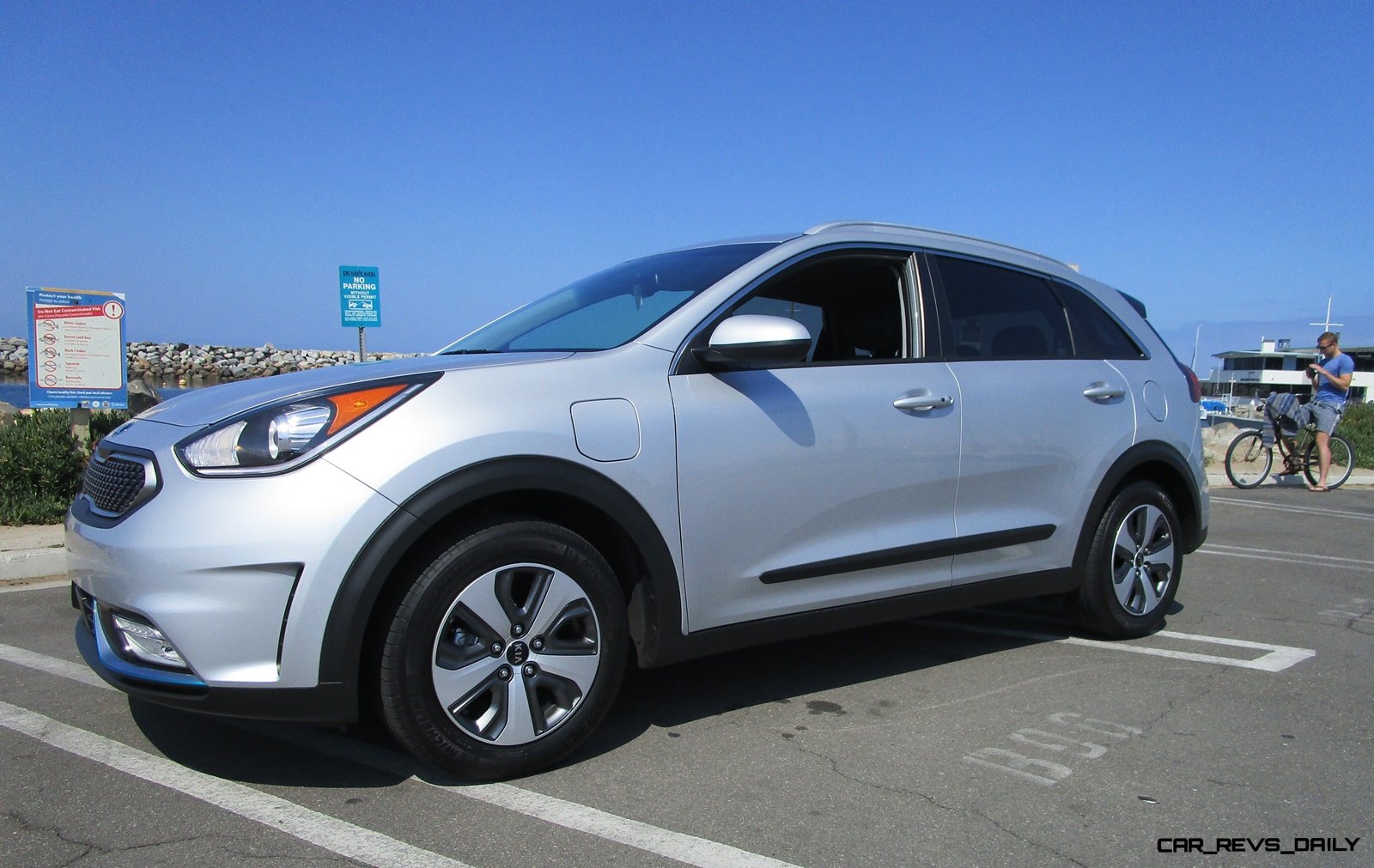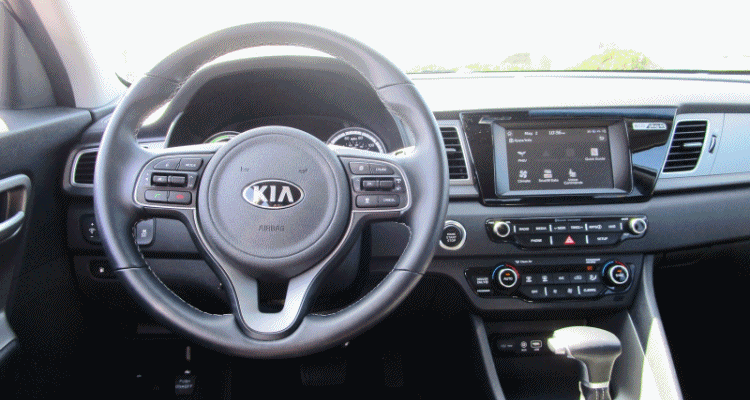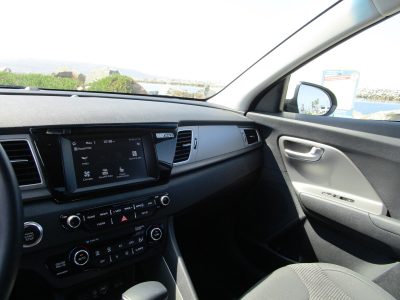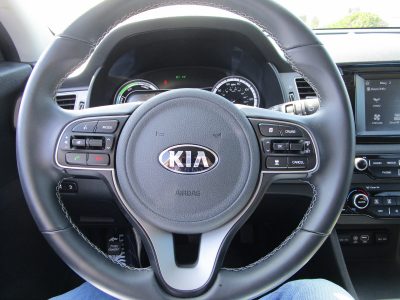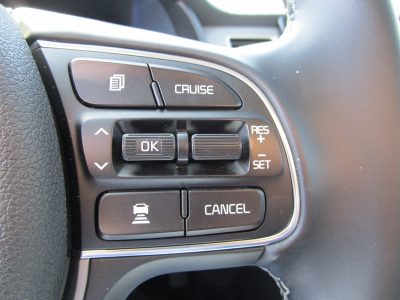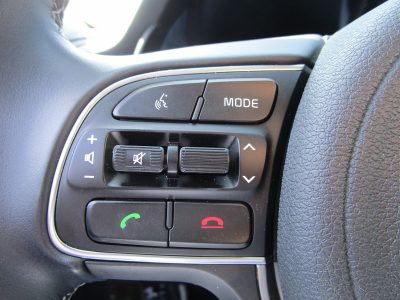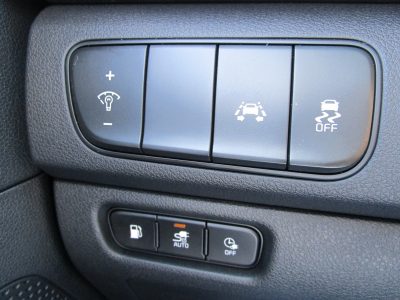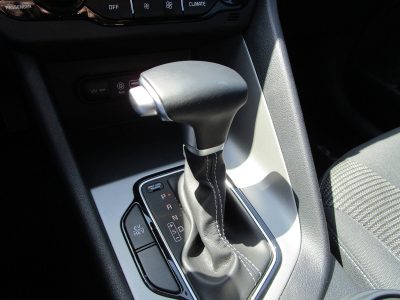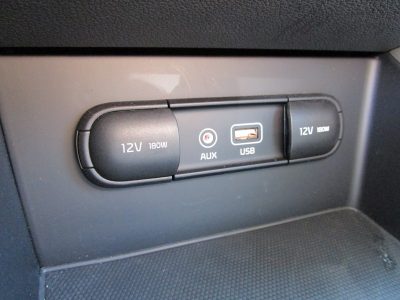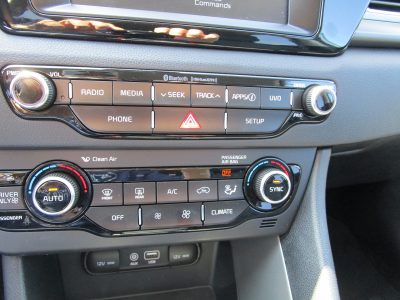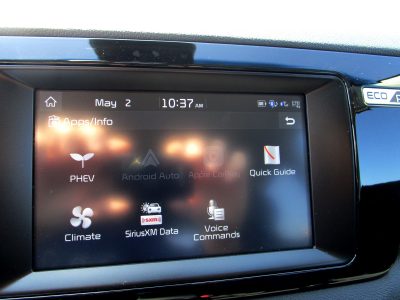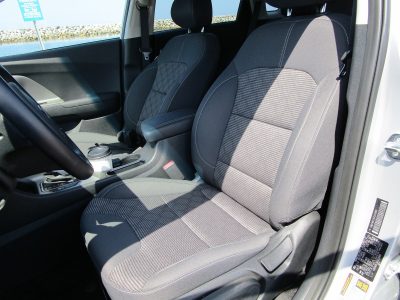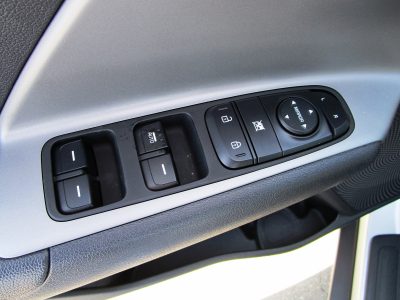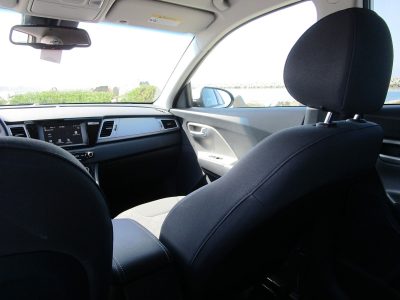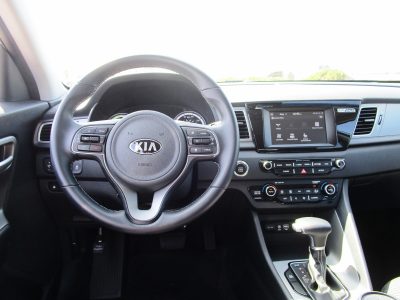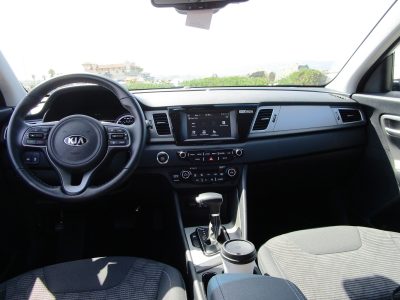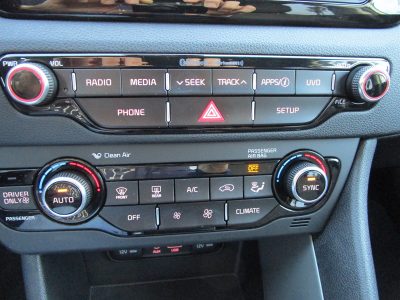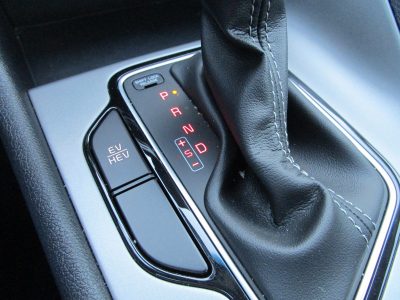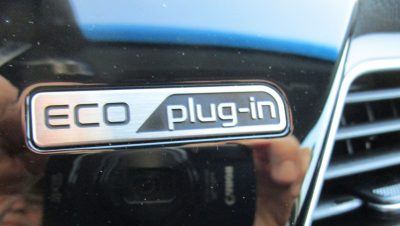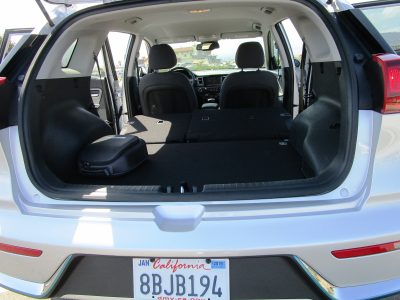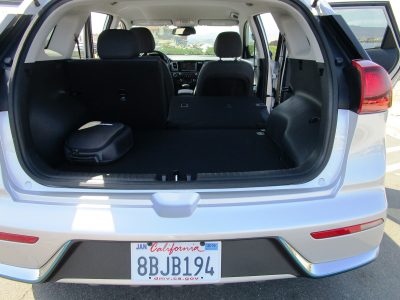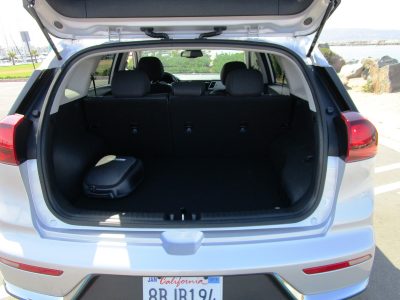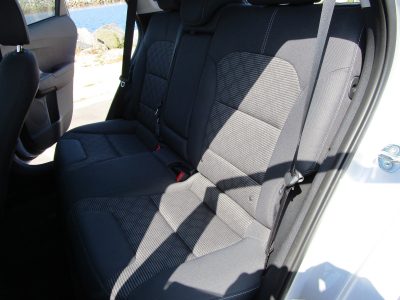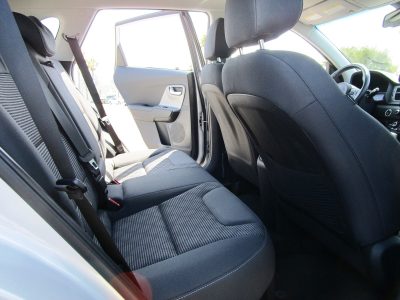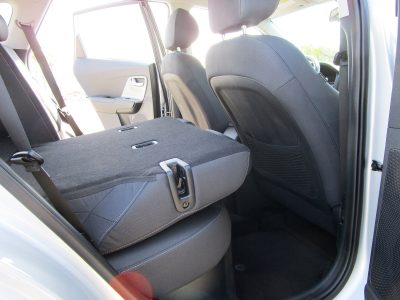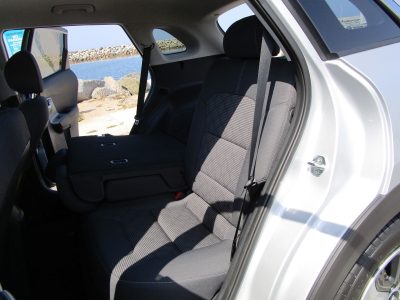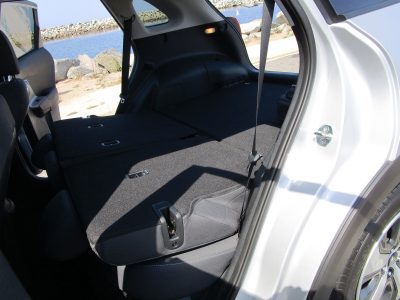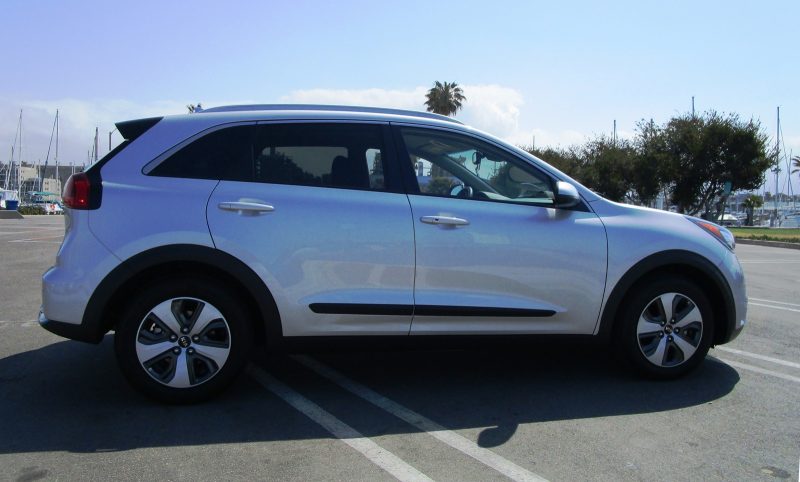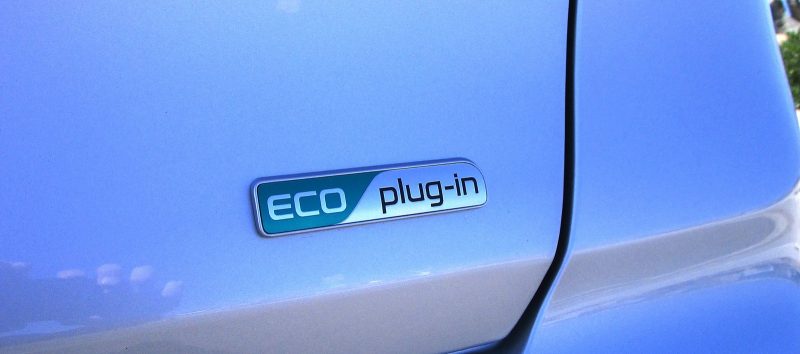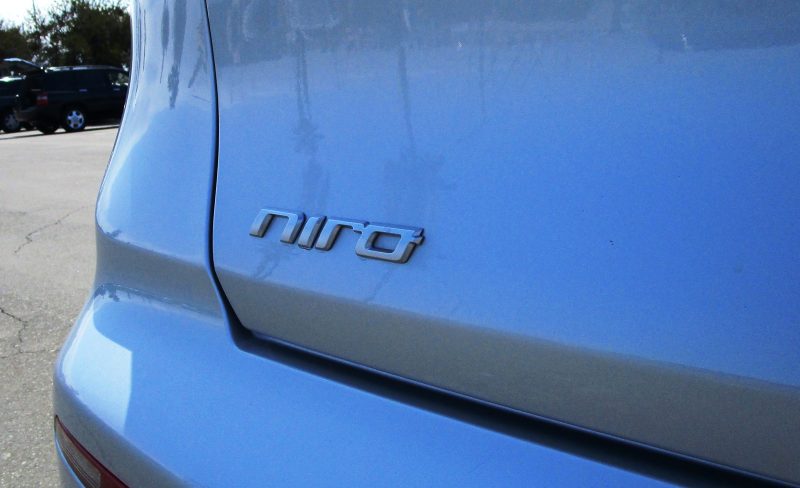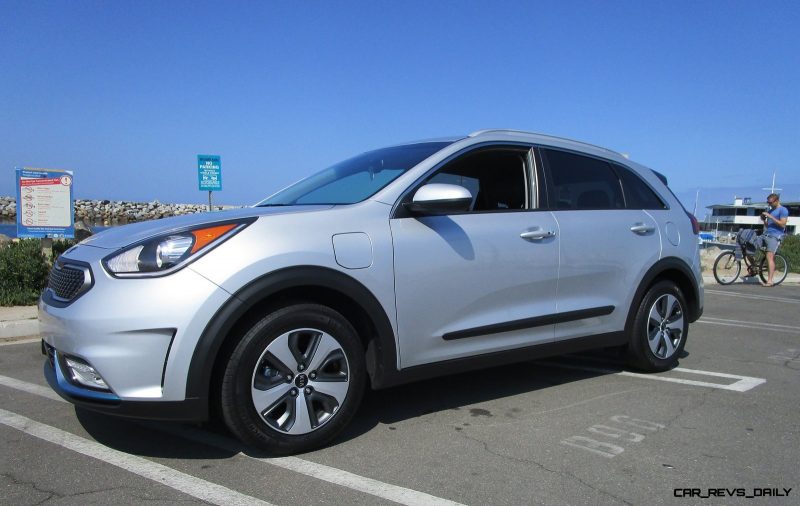Last year we tested the Kia Niro hybrid, and it came away as one of our favorite vehicles of the year. Here was a hybrid with the practicality of a small crossover, excellent fuel economy, and best of all, it was truly fun to drive. We’d gladly have one in our driveway – and it would make a perfect day-to-day partner to some rip-snorting, fuel guzzling, socially questionable weekend toy.
Plugging into the latest and greatest
While hybrids have been around for quite a while now and become extremely successful, getting people into full EV electric vehicles has been a much greater challenge. Two main reasons cause problems – range and charge time. It even spawned a new psychological phenomenon – range anxiety.
Clearly there was room for a middle ground, where people can enjoy the benefits of EV without the anxiety. Welcome the plug-in hybrid electric vehicle (PHEV), where you have a dedicated EV vehicle that you can charge up at any power point, but once it gets low on juice, it acts like a regular hybrid –using a gas engine to power you and help charge the battery pack.
And as an added bonus, even if you have the juice, and you’re running EV mode, if you need extra boost, it can switch on the gas engine – something a full-on EV can’t do.
Sensible Shoes
Much like its non-plug-in sibling, the Niro PHEV’s compact crossover design gives you a little more rugged look than most competitors. (We’re looking at you, Prius.)
Among the Niro family, you’ll be hard pressed to tell the PHEV from the Hybrid. Unless that is, your Hybrid is an EX Touring like our tester was last year. With its handsome 18-inch alloy wheels and power moonroof – neither available on the Plug-in model – we felt like we got all the luxo goodies without compromising fuel economy.
Our PHEV tester was the LX, the lowest trim level. Devoid of bling like LED headlamps and finished in Silky Silver, our NIRO looked sensible, but more focused on function than the fun we had in our previous non-PHEV model.
Flexible on Flexibility
Inside the PHEV is also much like the non-PHEV, which is a good thing. Most important, even though it has a larger battery pack – to allow for that all-EV range – clever packaging means it has the same interior passenger space and cargo room as all Niro models. Cool. Some PHEV competitors make you take a hit for that plug-in capability.
Like the other Niro models – and most Kias– the interior feels upscale, and is handsomely designed. There’s an Audi-like sensibility to the controls, and the touchpoints like the leather-wrapped shifter and steering wheel feel good to the hands.
Even though our LX was the entry-level model, we felt well-looked after, with an impressive array of gear, including dual-zone climate control, power windows, locks, and mirrors, pushbutton ignition, 7-inch touchscreen with Kia’s excellent UVO info-tainment system, Apple CarPlay, Android Auto and XM Satellite radio, Bluetooth streaming and rearview camera. You don’t get Navi at this price – no big deal, we use our iPhone. We even liked the design of the cloth seats, but if you want leather, you jump up to a higher trim level.
Electra Glide
The biggest difference – and the most fun – is running the Niro in full EV mode. On a full charge, you can get up to 26 miles of range before having to kick in the gas engine. Although we love the sound of a gas engine, the super quiet, silkiness of EV power is a kick to drive. With the standard dual-clutch 6-speed transmission, acceleration is quick off the line, and you can get good progress up to freeway speeds.
Like the previous Niro, we found the 1.8-liter 4 cylinder is a fun driving companion and it really tempts you to go out of EV model and flog it around like a sporty crossover. We found the best compromise running mostly on EV power and popping into the gas motor for extra oomph for merging and passing and the like. It even uses the brakes for regenerative charging to extend how far you go on a tank full of electrons.
Doing so netted us an indicated 240 mpg.
Which is really, well, incredible.
If you drive it more like a traditional hybrid, 40 mpg should be easily attainable.
Charging is as easy as any EV/Plug-in, and from no-charge to full took less than three hours at one of those nice free charge points that are all around town. The Niro also comes with a plug-in adapter to use at home – figure 8 hours or more for a full charge. Perfect for overnight, when electric costs are lower.
And the nice thing is if you’re not running in EV, you’ve basically got the Niro Hybrid drivetrain working to give you excellent fuel efficiency and a zippy drive.
While it is not designed as a sport sedan, with the battery pack sitting low in the chassis, and good steering feel, the Niro handles well, and rides comfortably. You never feel penalized for your choice of Plug-in Hybrid.
So, am I penalized for my choice of plug-in Hybrid?
A little. While the Niro Hybrid LX model starts at $23,650 the extra tech required for the PHEV bumps the base price up to $27,900. Our tester had only carpeted floor mats, for a grand total of $28,975 including destination.
We should add that even the LX trim gets you some nice safety equipment, including Smart Cruise Control, Autonomous Emergency Braking, Forward Collision Warning and Lane Keep Assist. If you want Blind Spot Warning, Lane Change Assist and Rear Cross Traffic alert, you’ll have to go for the EX $31,500 or EX Premium $34,500 models.)
When you look at competitors, the Prius Prime starts at $27,100 the Chevy Volt at $33,220 and Honda Clarity Plug In at $33,400. So, the Niro PHEV is between bargain and competitive depending on the trim level.
Either Niro is a great drive, so the question really boils down to PHEV or Hybrid?
We think the real decision maker is how much you plan to use the EV system. If you can get by with it, and charge frequently and at low cost, you might never or rarely use gas again. So, the numbers work out very well. Beyond the sheer $, is the fun of driving in EV mode, and your personal relationship with the environment.
Choosing Hybrid or PHEV could be tough. But choosing the Kia Niro is easy.
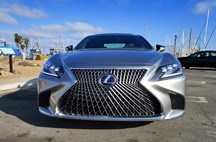
Ben Lewis grew up in Chicago, and after spending his formative years driving sideways in the winter – often intentionally – moved to sunny Southern California. He now enjoys sunny weather year-round — whether it is autocross driving, aerobatics, and learning to surf.

